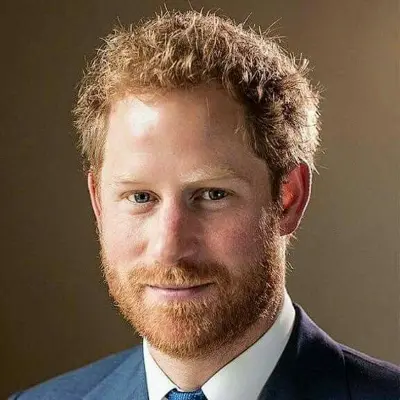Prince Harry has easily slipped into an American version of celebrity with his recent TV appearances
-

"Watching him at work in The Me You Can’t See, it’s hard not to admire what he’s pulled off: a total and complete pivot to a new kind of social currency," says Elamin Abdelmahmoud. "After all, Harry was 'cool' in a very different way not long ago. He had a reputation for being a 'bad boy,' the iconoclast within a stodgy family, the wild one who takes it too far, or parties naked in Vegas, or...whatever this is. But in a moment still in search of new definitions for masculinity — ones that do not rely on machismo and bravado and showing off — somehow, Prince Harry is here to deliver. He’s out here evangelizing therapy and the virtues of getting help when you need it. He makes taking care of your mental health seem like the in thing to do. He’s joining the ranks of men like Nick Jonas, Michael Phelps, and Dax Shepard himself who are embracing a refreshing approach to their own mental health struggles. Before his move to the US, Prince Harry’s identity was deeply intertwined with life as a working royal. That meant the public's engagement with his choices was limited to that realm: Was he doing the job, or was he failing at it? This is not to say people didn’t have strong feelings about his identity, only that he had little say in the matter. But with the move to California, Harry’s celebrity posture has changed. He has comfortably slipped into a decidedly American version of celebrity, relying on a more personal story to grow his platform."
TOPICS: Prince Harry, The Me You Can't See, Oprah with Meghan And Harry: A Primetime Special
More Prince Harry on Primetimer:- How did Meghan and Harry react to Australia's social media ban for kids? Duke and Duchess weigh in after historic legislation
- Prince Harry Edges Closer to Regaining Official Protection After New Government Review
- Dan Wootton criticizes Meghan Markle for posting Prince Harry's late-night appearance promo on Instagram while her father Thomas Markle is in the ICU
- What Did Meghan Markle Reveal About Prince Harry's "Bold, Full" Love?
